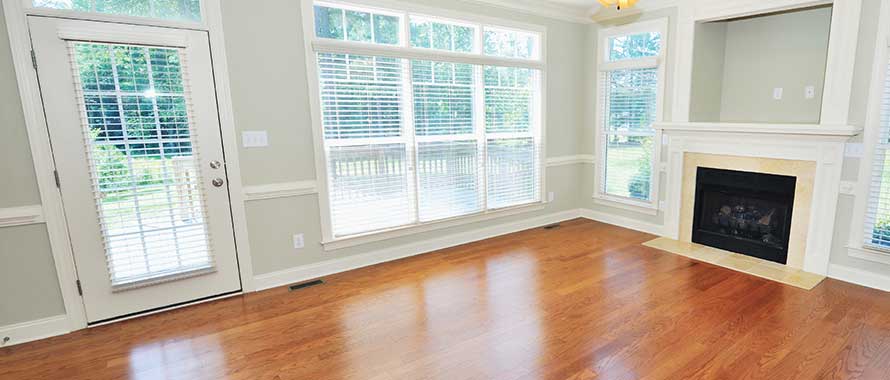This is not a headline your clients want to see. But the fact is, there are an estimated 25,000 vacant residential building fires reported each year, resulting in $777 million in property loss.
Worse yet, many homeowners do not realize that their Standard Homeowners policy may not protect property that has become vacant. A stray cigarette or an act of vandalism could not only cost clients their homes, but millions of dollars in damages.
There are many reasons why a property becomes vacant, but “vacant” is generally a term left undefined in standard policy language. “Unoccupied and vacant housing are not the same,” said Bill Gatewood, Corporate Vice President and Director, Personal Insurance, Burns & Wilcox. “If there is some furniture in the house, but not enough to make the home habitable, it may be deemed vacant by the insuring company.”
A Vacant Dwelling policy can help protect an owner’s property from a range of exposures. “For example, if a pipe were to burst in someone’s vacation home, there could be a significant amount of damage done before the leak is detected,” said Danielle Alessandrini, Underwriting Manager, Personal Insurance, Burns & Wilcox. “Vacant homes are riskier to insure, which is why most standard carriers will not cover it.”
Identifying Risks
According to the U.S. Census Bureau, approximately 12.9 percent of residences were vacant in 2015. A dwelling may become vacant for reasons such as:
- The owner has moved and the house is up for sale
- A rental property is in between tenants or undergoing renovations
- An owner passes away and the house is sitting in estate
Vacant Dwelling policies can be customized to fit the needs of your client. “This means that brokers must work closely with their clients to identify all possible risks,” said Alessandrini. “For instance, if a house is being flipped as an investment, owners can purchase a short-term Vacant Dwelling policy to cover the project.”
However, it may not always be clear to a client exactly what they need.
“Many times, clients omit telling their broker or agent that a house is vacant because they are busy trying to sell or rent the property and do not realize they need a Vacant Dwelling policy,” said Gatewood. “That is why it is important to ask clients the right questions. The more a broker knows about how their client is using the property, the better they can protect it against unforeseen risks.”
Furthermore, according to both Gatewood and Alessandrini, vacant homes are at higher risk for vandalism or malicious mischief than an occupied home. “If it is clear that the house has been empty for some time, there is higher risk for the property to be defaced, robbed or for some other wrongdoing to occur,” said Gatewood. “Vacant homes are an attractive nuisance for criminals and vandals, which increases the need for a Vacant Dwelling policy.”
Educating your Clients
“Brokers are responsible for educating their clients on risk management plans for all different kinds of scenarios,” said Gatewood. “With a majority of consumers uneducated in insurance, it is imperative that brokers talk to their clients about the types of risks they are exposed to, and then work with them to ensure that there are no gaps in their coverage.”
This means that brokers and agents should work with clients to know each piece of property they have, how they use it and when they use it.
“When working with your clients to identify proper coverage, it is always important to start with the basics,” said Alessandrini. “Knowing if your client plans to rent the property, if it is being used as a vacation home, what renovations are taking place, can all ensure that your client is fully protected from any and all risks.”
Last year, The New York Times reported that the rate of home ownership has been steadily falling for the past eight years in the United States, and millions of citizens are now renting homes – many for the first time. With more renters, investors see an opportunity.
“With the real estate market rebounding how it has over the last few years, more and more individuals are starting to invest in real estate to flip houses and make some quick cash,” said Gatewood. “Many of these small-time investors and landlords are not aware of the exposures while a house is vacant and should turn to their broker for assistance.”
Open communication with clients to prevent gaps in coverage is best. Different exposures, such as investment property, require different types of coverage, and asking the right questions can help identify those exposures.


